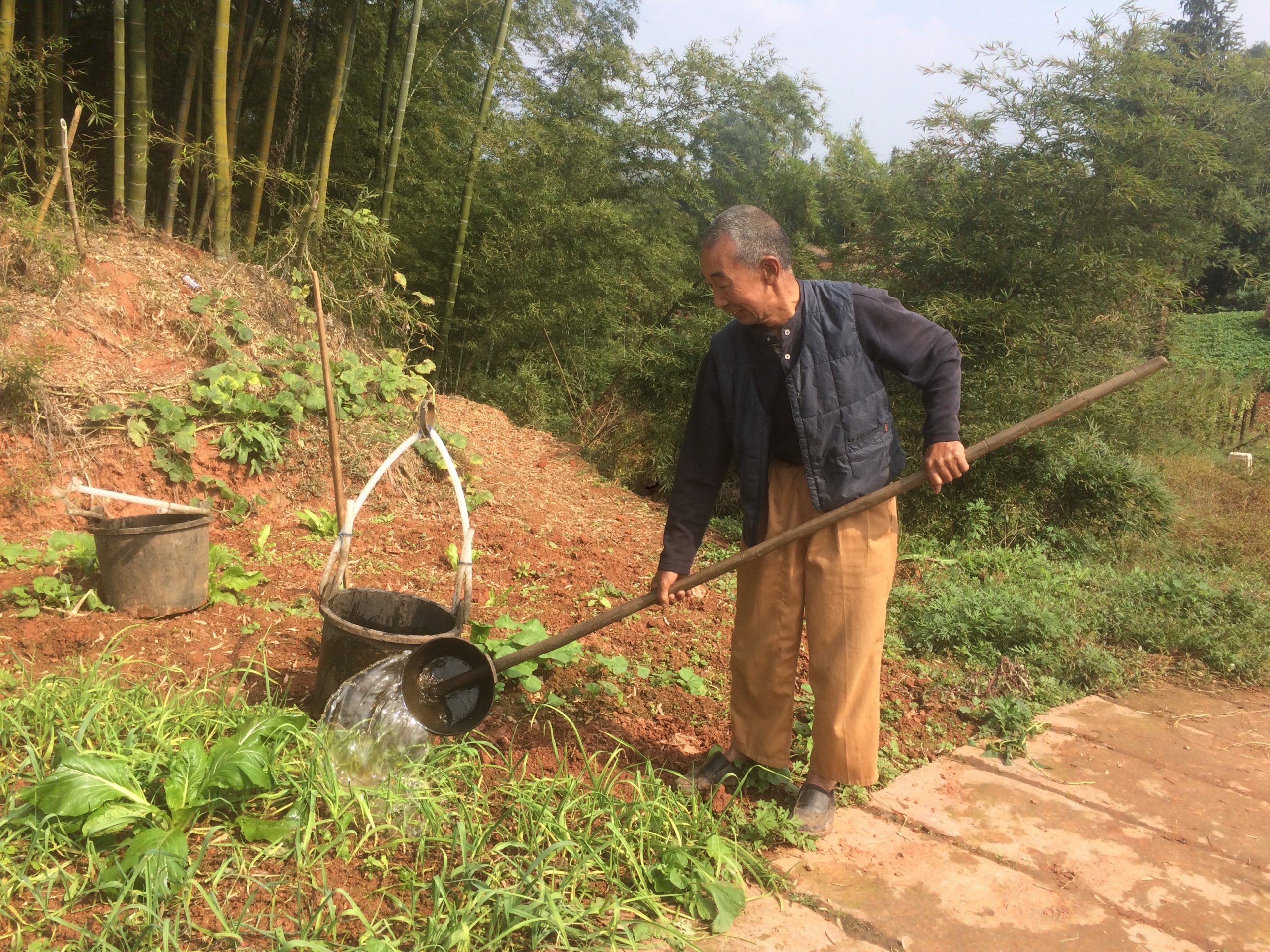
This month, renowned strategy consultants McKinsey & Company have published a new report titled “Agriculture and climate change. Reducing emissions through improved farming practices”. This report deals with the key role of the agricultural sector for climate change mitigation, since more than one quarter of the world’s GHG emissions come from agriculture, forestry, and land-use. Unless actively addressed, these emissions are likely to increase as more people populate the Earth and the need for food continues to grow. Hence, a “rapid and far-reaching” transition also of the agricultural sector is required to limit the impact of climate change to 1.5 degrees Celsius.
The McKinsey study identifies the top 25 measures to reduce on-farm emissions and organizes them into a marginal abatement cost curve (MACC). These measures have the potential to abate up to a combined 4.6 GtCO2e by 2050 compared with business-as-usual emissions – a reduction of about 20 percent of total emissions from agriculture, forestry, and land-use change. Moreover, the top 15 measures by abatement potential would contribute 85 percent of this emissions abatement and touch four major categories: energy, animal protein, crops, and rice cultivation.
Expanding the use of anaerobic animal manure digestion, as it is done in UPM’s Sichuan Household Biogas PoA, is one of the top 15 mitigation measures. By capturing and using methane through anaerobic digesters approx. 260 MtCO2e can be saved until the mid of the century at an estimated cost of USD 92/tCO2e. At the same time, fertilizing with eco-friendly organic digestate produced in biogas digesters, like those distributed by UPM’s PoA, substantially lowers the need for applying emissions-intensive chemical fertilizer and contributes to avoiding harmful nitrogen overapplication, the latter still a serious problem in China and India. These two co-benefits of rural household biogas programmes are top 15 abatement measures as well and can further reduce GHG emissions of agriculture by several hundred million tCO2e.
McKinsey’s recent report is very useful for prioritizing GHG abatement measures in the agriculture sector. In addition, it provides further evidence for the high importance of UPM’s Sichuan Household Biogas PoA and similar programmes promoting animal manure digestion to fight global warming,” says UPM’s Managing Director Martin Dilger.
Your contacts at UPM for the Sichuan Household Biogas PoA and its GS CERs are:
Martin Dilger, Managing Director, UPM Germany
mdilger(at)upm-cdm.eu, T: +49 89 1222197 – 50
and
Gaiai Guo, Vice General Manager, UPM China
guog(at)upm-cdm.eu, T: +86 10 6468 0500
What’s New


Successful Issuance of vintage 2022 GS VERs from UPM’s Sichuan Household Biogas PoA
Continue reading


